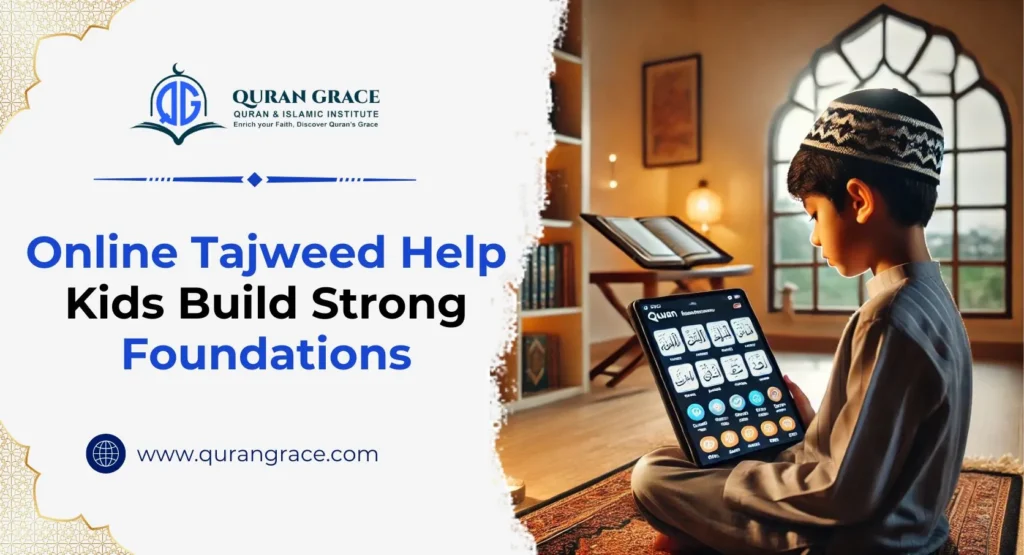Embarking on the journey to become a scholar is a noble aspiration, yet many individuals may feel uncertain about where to start. To begin your studies in Islam, it’s crucial to establish a solid foundation in its fundamental principles. Start by researching and selecting a knowledgeable sheikh who can mentor qyou on this path. An in-depth study of the Quran, Hadith, and Sunnah, along with a thorough understanding of their interpretations and significance, is equally important.
Following a structured approach will make this journey more manageable. If you’re contemplating how to become an Islamic scholar, consider these initial steps as a framework for your educational endeavor.
A Comprehensive Guide to Becoming an Islamic Scholar
Here’s how you can start to learn Islam online by following this step-by-step guide:
1. Understanding the Fundamentals of Islam
To embark on the journey of becoming an Aalim, it is essential to grasp the foundational elements of Islam. A critical starting point is understanding the Five Pillars of Islam, which include
- Shahada (the declaration of faith),
- Salah (the ritual prayers),
- Zakat (the obligatory charity),
- Sawm (the fasting during Ramadan),
- and Hajj (the pilgrimage to Mecca).
In addition to the Pillars, it is important to familiarize yourself with the core beliefs of Islam, which encompass
- The belief in Allah,
- His Prophets,
- His Angels
- His Books
- The Day of Judgment.
- And The destiny
Understanding the significance of the Quran and the Hadith is also vital, as these texts guide daily life. Regularly reading and reflecting on the teachings of the Quran can help deepen your understanding.
2. Learning and Understanding Arabic Language
A foundational understanding of the Arabic language is crucial for effectively interpreting Hadith and Sunnah. Knowledge of the language allows individuals to access original texts, offering deeper insights into Islamic teachings.
To begin this journey, it’s important to familiarize yourself with the Arabic alphabet and basic grammar. Exploring credible online Arabic courses, textbooks, or local classes designed for beginners can be beneficial. Engaging in this linguistic study will not only improve your understanding of the language but also enhance your appreciation of the rich heritage and teachings of Islam.
3. Follow the Guidelines of a Known Scholar
Selecting a knowledgeable and reputable sheikh is essential for anyone seeking guidance in Islam. Scholars like Sheikh Hamza Yusuf, Mufti Ismail Menk, and Dr. Omer Suleiman offer valuable insights and can help answer important questions related to Islamic teachings.
When choosing a Sheikh, it’s important to consider their areas of expertise, reputation within the community, and how well their teaching style aligns with your learning preferences. Engaging with them on topics such as the significance of Islamic jurisprudence (Fiqh) and the principles of Islamic ethics (akhlaq) can enhance your understanding of these critical aspects of the faith.
4. Understand the Tafsir of the Quran
Reading the Quran along with its Tafsir is essential for anyone aspiring to become an Aalim. The Quran offers comprehensive guidance that addresses various aspects of life. To gain a deeper understanding, it is recommended to explore Tafsir Ibn Kathir or Tafsir al-Jalalayn, both of which are highly regarded for their insightful explanations.
Establishing a regular reading routine is crucial for grasping the meaning of verses, as well as for understanding how their teachings apply to contemporary challenges. This practice not only enhances your understanding but also equips you with the wisdom needed to guide others on their spiritual journeys.
5. Learn Islamic Fiqh and Aqeedah
Studying Islamic Fiqh (jurisprudence) and Aqeedah (theology) is essential for becoming an Islamic scholar. In real-life scenarios, a thorough understanding of Fiqh and Aqeedah is required. Begin by conducting extensive research on how to learn Islam online, and you will discover that Fiqh and Aqeedah play a significant role.
When providing guidance on Islamic inheritance or addressing theological inquiries regarding the nature of Allah, having a strong foundation in these subjects is crucial. To gain a thorough understanding, it is recommended to enroll in structured courses offered by reputable institutions or scholars who specialize in Fiqh (Islamic jurisprudence) and Aqeedah (Islamic creed). This focused study will ensure a comprehensive grasp of these important topics.
6. Memorize Short Surahs and Verses
Memorizing short Quranic verses is a valuable practice for anyone aspiring to become an Islamic scholar. It provides you with quick references that can be beneficial for guiding others in their understanding of Islamic teachings. To effectively master Quranic memorization, it is advisable to create a consistent routine that begins with shorter verses before gradually progressing to longer ones. Enrolling in a hifz course can or traditional practices like repetition and quran recitation can further enhance your memorization efforts and reinforce your understanding of the verses.
7. Enroll in an Online Islamic course.
Enrolling in an online Islamic course can be an excellent opportunity for those aspiring to become Aalims. Various reputable platforms offer comprehensive programs facilitated by experienced educators who provide structured guidance throughout the learning process. These courses encompass a wide range of topics, including Quranic studies, Hadith, and Fiqh, ensuring a well-rounded education in Islamic knowledge.
One of the significant advantages of pursuing Islamic studies through online courses is the flexibility they offer. Learners can study at their own pace while still benefiting from expert instruction. Enhance your understanding of Islam and make a meaningful contribution to your community by pursuing the path of an Islamic scholar. The journey to becoming a scholar starts with a single step. Quran Grace offers guidance throughout this important exploration of knowledge and devotion, ensuring you have the resources and support needed to thrive in this pursuit.
8. Strive for the Ijazah Certificate
After completing your studies and following the necessary steps, the final and most important stage is to seek Ijazah certification as an Aalim. This certification serves to solidify your status as a professional Islamic scholar.
Studying through a reputable platform is essential, as it prepares you for the successful attainment of Ijazah. This certification not only authenticates your knowledge but also grants you the authority to guide others with expertise. Achieving Ijazah marks the culmination of your dedicated journey towards becoming an Aalim.
Final Words
Embarking on the path to become a female Islamic scholar or becoming an alim requires dedication, passion, and years of structured learning. Typically, this journey spans around eight years, covering essential Islamic sciences, Arabic, Tafsir, Hadith, Fiqh, and more. At Quran Grace, we understand the unique needs of sisters, which is why we offer tailored Islamic course for ladies led by qualified female instructors. These Islamic classes for adults are designed to be flexible and comprehensive, helping women of all backgrounds take meaningful steps toward Islamic scholarship. Ready to begin? Book a free consultation today and start your transformative journey with Quran Grace!








